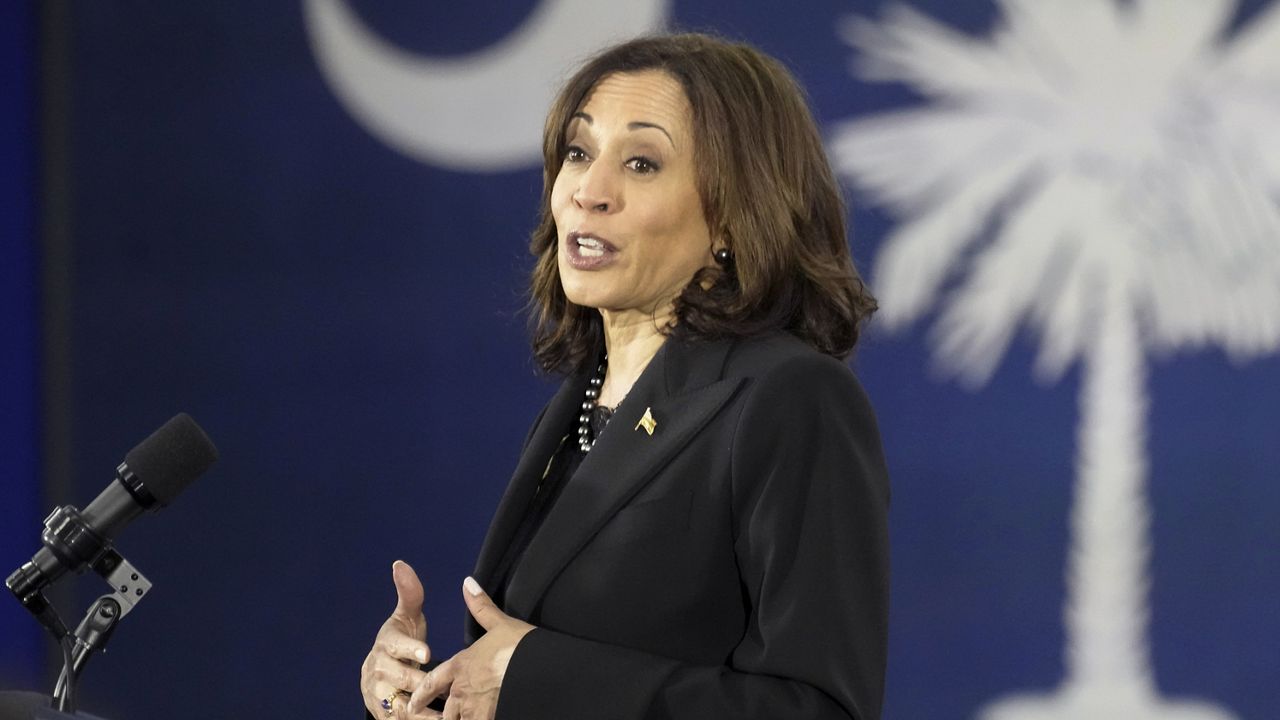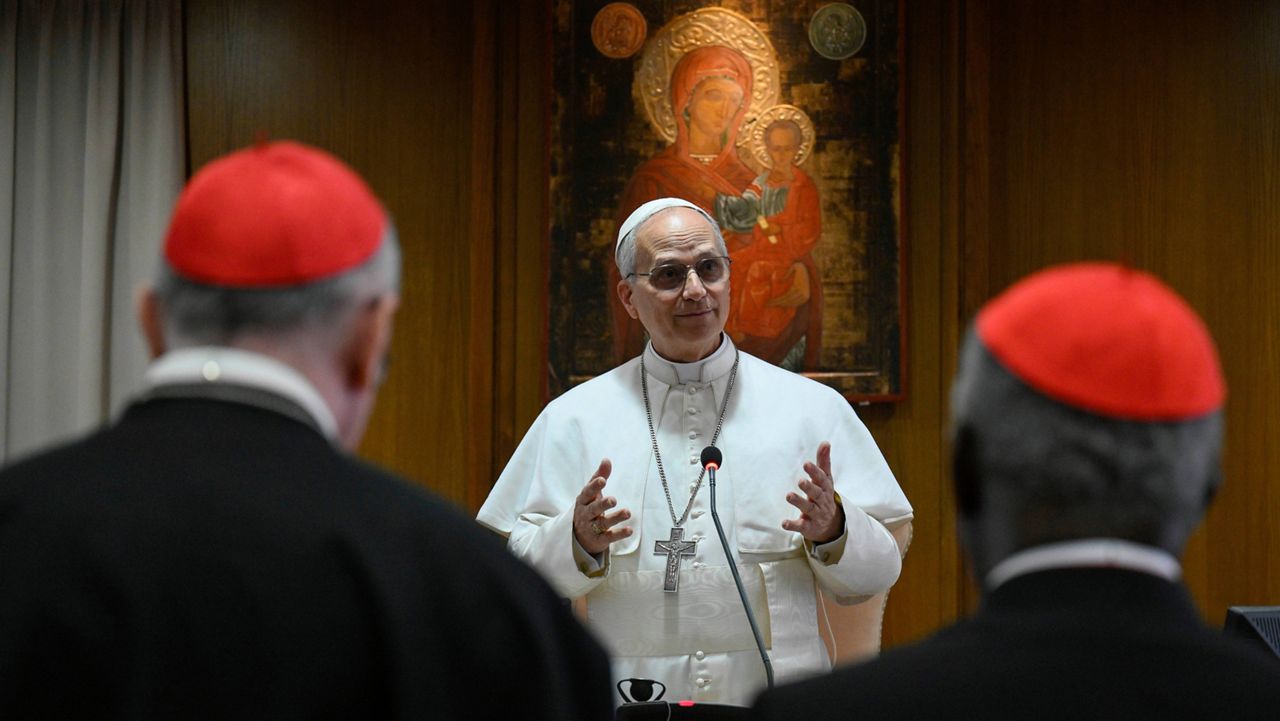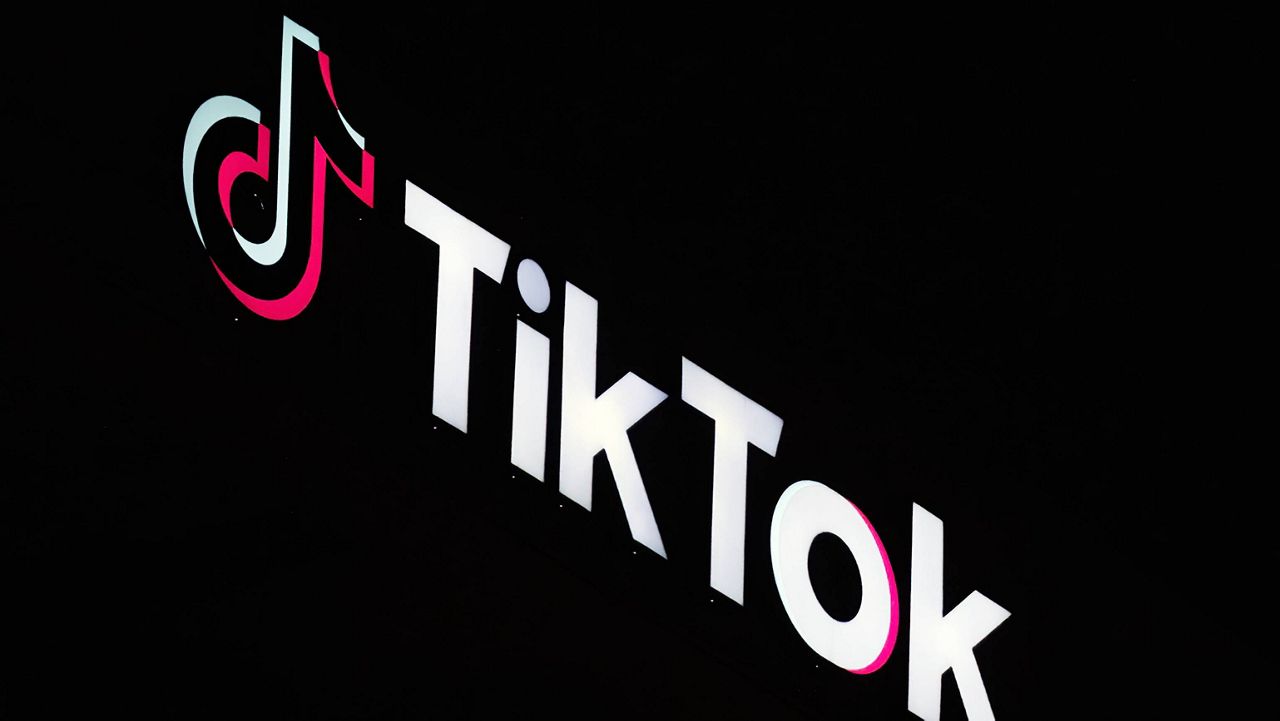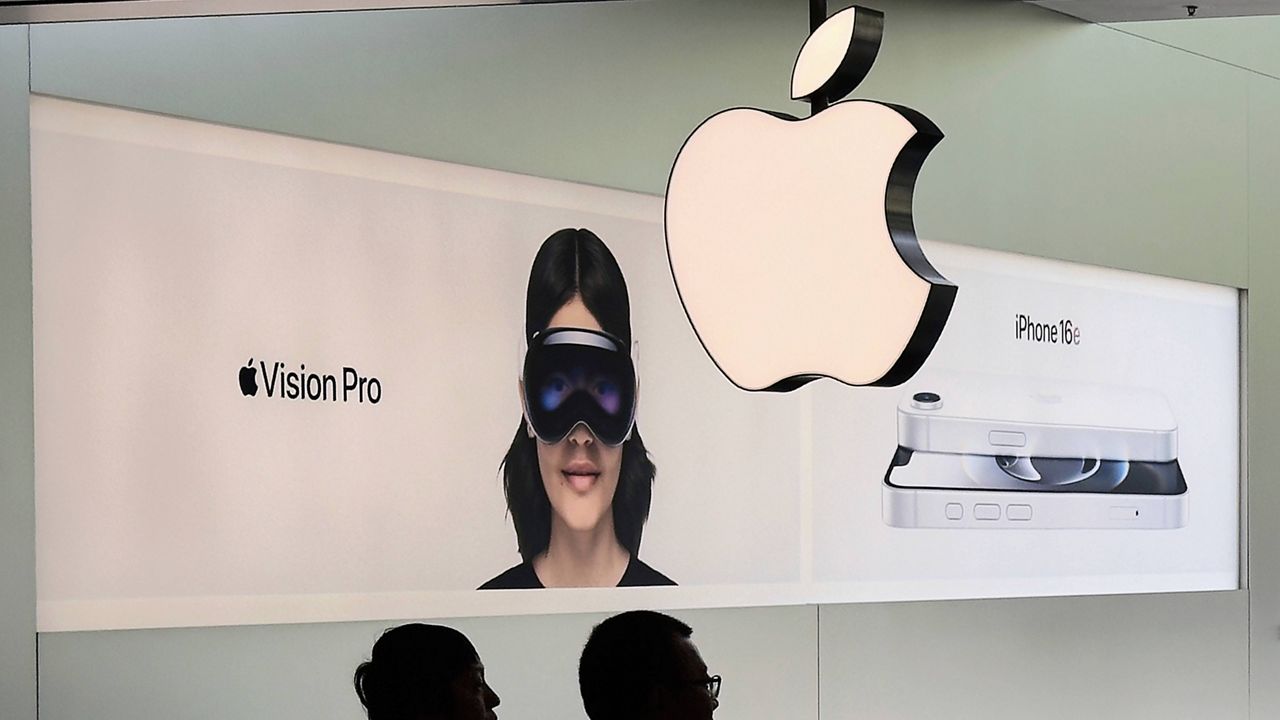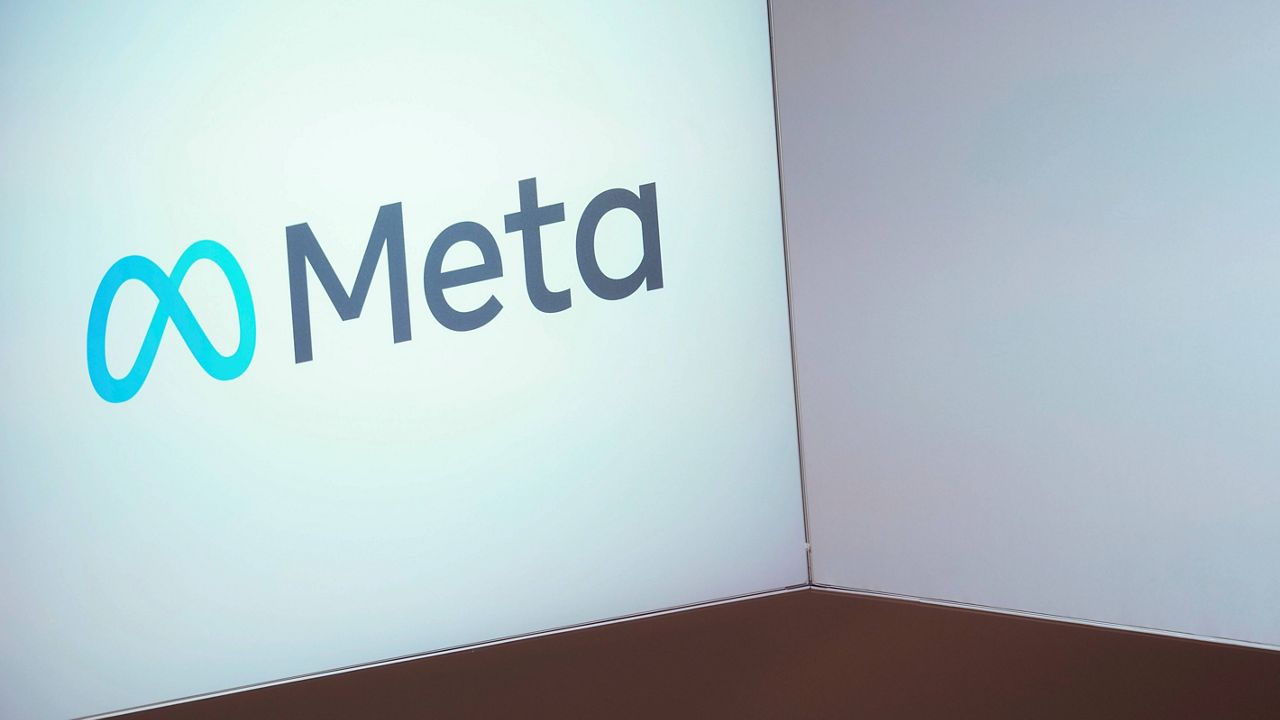A program funded by the bipartisan infrastructure law passed last year that aims to make high-speed internet access accessible and affordable to all Americans is saving more than 16 million households around $500 million a month, Vice President Kamala Harris said Monday.
What You Need To Know
- A program funded by the bipartisan infrastructure law passed last year that aims to make high-speed internet access accessible and affordable to all Americans is saving more than 16 million households around $500 million a month, Vice President Kamala Harris said Monday
- During a speech at Benedict College in Columbia, South Carolina, Harris gave an update on the Biden administration’s efforts to improve broadband internet and announced a $175 million initiative targeting institutions serving minorities
- With funding from the infrastructure law, the federal government has begun to work to build infrastructure for high-speed internet in 300 communities, Harris said
- The $500,000-a-month figure the vice president cited comes from the Affordable Connectivity Program, which gives eligible families a $30 discount on their internet bills and a one-time $100 discount to purchase a computer or tablet
During a speech at Benedict College in Columbia, South Carolina, Harris gave an update on the Biden administration’s efforts to improve broadband internet and announced a $175 million initiative targeting institutions serving minorities.
“In America in the 21st century, the ability to connect to high-speed internet is not a luxury; it is a basic necessity,” Harris said. “Every day in communities across our nation, students who have affordable access use the internet to do their homework, parents use the internet to order groceries, seniors use the internet to see a doctor without having to leave home, and small business owners use the internet to buy inventory, to manage the payroll, even to run their cash register.”
However, more than 24 million U.S. households still lack high-speed internet access because they either cannot afford it or live in areas, usually rural, where it’s unavailable, Harris said. The vice president said she’s heard stories about parents having to turn down good-paying remote jobs because they lacked dependable internet, students having to do homework using WiFi in the parking lot of fast-food restaurants, and seniors conducting sensitive telehealth appointments in public libraries.
With funding from the infrastructure law, the federal government has begun to work to build infrastructure for high-speed internet in 300 communities, Harris said.
That also will help the economy by creating installation and repair jobs, she added.
The $500,000-a-month figure the vice president cited comes from the Affordable Connectivity Program, which gives eligible families a $30 discount on their internet bills and a one-time $100 discount to purchase a computer or tablet. In addition, the Biden administration worked with internet service providers to offer plans of $30 a month or less, making access free to families eligible for discounts.
Americans may visit GetInternet.gov to check if they qualify for the discounts.
Meanwhile, Harris announced the administration is investing more than $175 million to expand high-speed internet at 61 minority-serving institutions, including historically Black colleges and universities. Benedict College is among the HBCUs that will benefit, receiving $3 million.
Harris said the investments will allow schools to expand their laptop loan programs and upgrade their campus WiFi networks.
“So that here at Benedict, when students are waiting for the Comet bus, they can open up their laptop and keep studying for their chemistry midterm,” she said.
Benedict College will also be able to open a community computer lab that can be used by elementary school students, the vice president said.
The infrastructure law included $65 billion to expand the Internet For All program. The 2021 American Rescue Plan included another $25 billion for broadband internet infrastructure and adoption.
Rep. Jim Clyburn, D-S.C., who in Congress pushed for accessible, affordable internet, was among the speakers who introduced Harris on Monday.
“Make no mistake, affordable, high-speed internet access does change the lives of everyone it touches,” he said.
Ryan Chatelain - Digital Media Producer
Ryan Chatelain is a national news digital content producer for Spectrum News and is based in New York City. He has previously covered both news and sports for WFAN Sports Radio, CBS New York, Newsday, amNewYork and The Courier in his home state of Louisiana.




